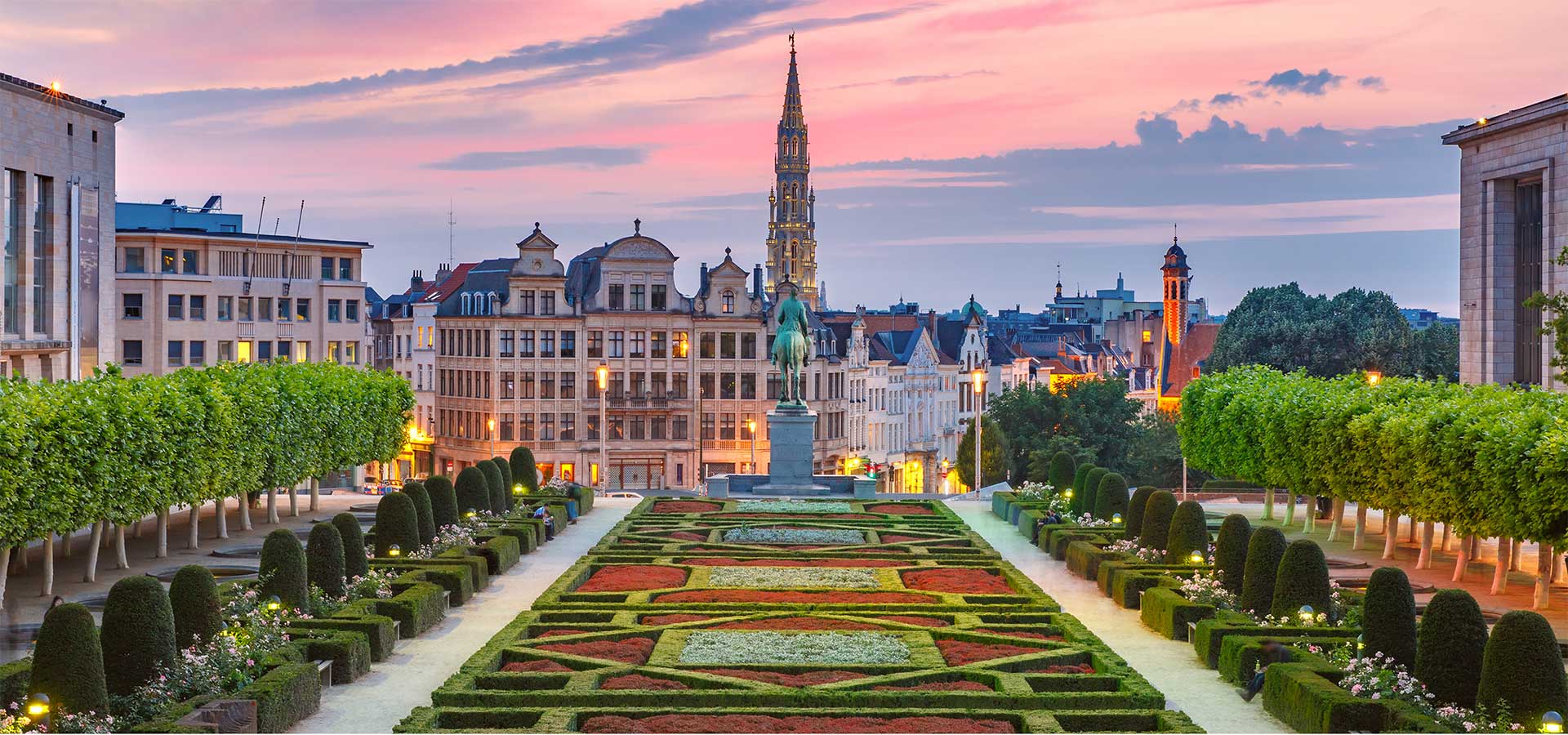
BELGIUM
Belgium, an open welcome to foreign students
Many nations claim to be “the heart of Europe”, but Belgium may be closest to the truth: The small, cosmopolitan nation played an important role in shaping the Europe we know today, and its capital, Brussels, is the seat of the European Union government. With many study options available, Belgium is an exciting destination for international students.
Belgium is a sovereign country and is divided into three autonomous regions: The Flemish region or Flanders in the north, the Walloon region or Wallonia in the south and the region of the capital city, Brussels. Education in Belgium is administered by each region separately and each region determines their own rules regarding admissions, tuition fees and language of instruction.

Capital
Brussels
Languages
Dutch, French, German
Size
30,689 km²
Population size
11,142,000
Living Costs
€1,000 to €1,500 per month
Studying in Belgium
In Belgium, the higher education system is varied, diversified and accessible. From universities and university colleges to schools of arts, from Bachelor level through to PhD, each and every student is sure to find the right education for their plans.
Number of Institutions
Study programmes in Belgium are delivered in three different types of higher education institutions: universities, university colleges, and schools of arts.
- 10 universities
- More than 40 university colleges and schools of arts
Tuition Fees
Tuition fees for a full time degree programme of 60 ECTS for academic year 2025-2026: EU/EEA nationals: €1.157
For Non-EU/EEA nationals: €1.200 – €8.000, depending on the programme.
Tuition fees - Study in Flanders
Registration fees | Wallonie-Bruxelles Campus
Scholarships
Master's grants are available to international students holding at least a Bachelor’s degree from a foreign institution recognised by the higher education authorities in the applicant's country.
More information:
APPLICATION GUIDE 2025 PDF
Scholarships - Study in Flanders
Application
Each higher education institution has its own procedures, opening and closing dates for applications. More information is available on their websites.
Visa and Permits
In Belgium, whether you are an international student or researcher, the visa you need will depend on both the duration of your stay and your nationality. Although some of the formalities need to be completed in your home country, don’t forget that you will still need to complete some of the administrative processes once you arrive in Belgium.
Student Life
Whether you choose Wallonia, Flanders, or Brussels for your further education, you will experience a fantastic quality of life with a cosmopolitan feel. Because Brussels houses the European Parliament, it has many international opportunities for post-degree employment and even just networking. The student facilities are excellent, and the universities are also very keen on helping students with a huge range of guidance and support opportunities.
From a classic student room (a "kot" as we call it) to a flat or even a house, depending on the length of your studies or your budget, you can choose between private accommodation (rental from private owners) and renting a room in a university residence.
There is only limited accommodation available on campus. Most students live in private student houses throughout the city. In Belgium, all foreign students, even if from outside the European Economic Area, can work while studying. There is no need to request a work permit, the only conditions are that they must be enrolled with a higher education institution and must have a valid residence permit. More information on student jobs and max number of hours:
Working while studying in French-speaking Belgium | Wallonie-Bruxelles Campus Work & study - Study in Flanders
Life After Studies
After completing studies/research in Belgium, you may ask to be authorised to extend your stay for a maximum of 12 months, in order to look for work or set up a company, with the aim of obtaining a residence permit for employment purposes.
This provision also applies to those who obtained their degree in a higher education institution in another Member State of the European Union, but who followed part of their course in Belgium.
More Information
Wallonia & French-speaking Brussels
Flanders & Dutch-speaking Brussels
Video Testimonials
Copyright 2025 © European Union Delegation to Singapore.